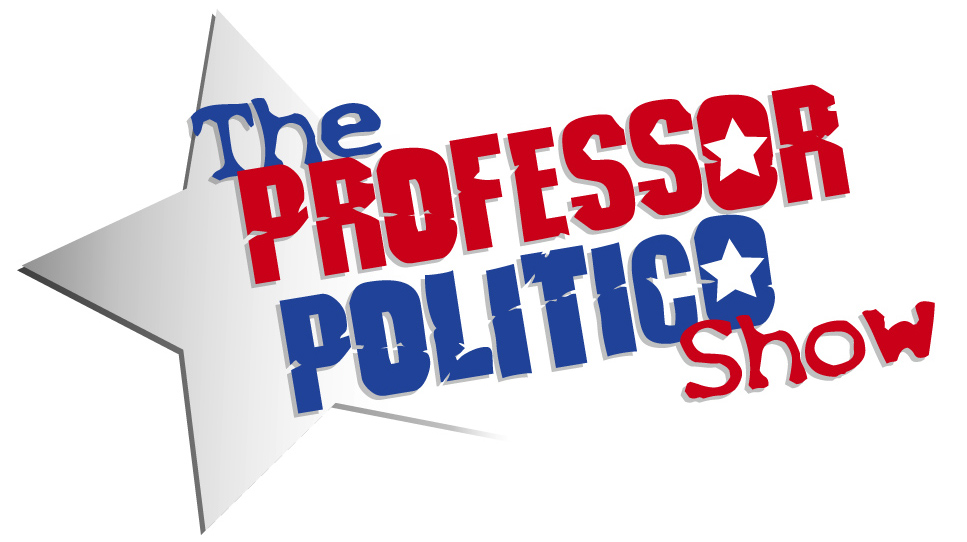Angry Renter is a grass roots campaign created by Freedom Works to oppose the corporate welfare that's being handed out to bail out mortgage companies that made bad or stupid decisions.
From the Angry Renter website:
You know a web site is making a difference when the Wall Street Journal publishes a hit piece on the front page!
We don't find it particularly shocking that a grassroots group working for limited government would launch a grassroots petition opposing a government housing bailout...but hey, we're not in the newspaper business.
We're not sure how a reporter can call this effort "fake" or "astro-turf" when we've put our name on every page and when over 48,000 real people have voluntarily visited and signed the petition.
FreedomWorks was founded back in 1984 and we're headquartered in Washington, D.C. We're based in D.C. because we fight for taxpayers and Washington, D.C. is where they pass the laws and spend trillions of your tax dollars every year. We are a non-profit organization chaired by former House Majority Leader Dick Armey with over 20 staffers across the country. Like every non-profit organization, from Sierra Club to the AARP, we respect the privacy of our donors and do not disclose them.
More
here.
And From the Wall Street Journal:
AngryRenter.com looks a bit like a digital ransom note, with irregular fonts, exclamation points and big red arrows -- all emphasizing prudent renters' outrage over a proposed government bailout for irresponsible homeowners. "It seems like America's renters may NEVER be able to afford a home," AngryRenter.com laments. The Web site urges like-minded tenants to let Congress feel their fury by signing an online petition. "We are millions of renters standing up for our rights!"
Angry they may be, but the people behind AngryRenter.com are certainly not renters. Though it purports to be a spontaneous uprising, AngryRenter.com is actually a product of an inside-the-Beltway conservative advocacy organization led by Dick Armey, the former House majority leader, and publishing magnate Steve Forbes, a fellow Republican. It's a fake grass-roots effort -- what politicos call an AstroTurf campaign -- that provides a window into the sleight-of-hand ways of Washington.
More here.
